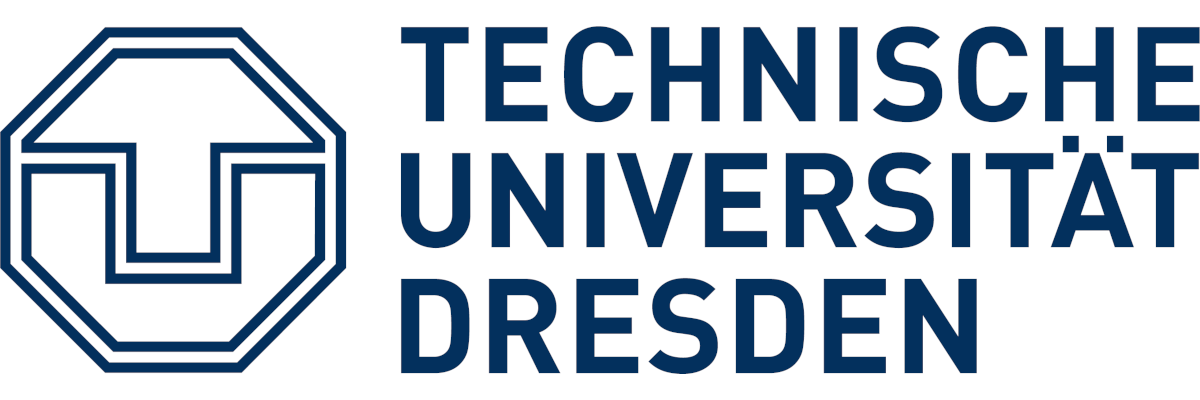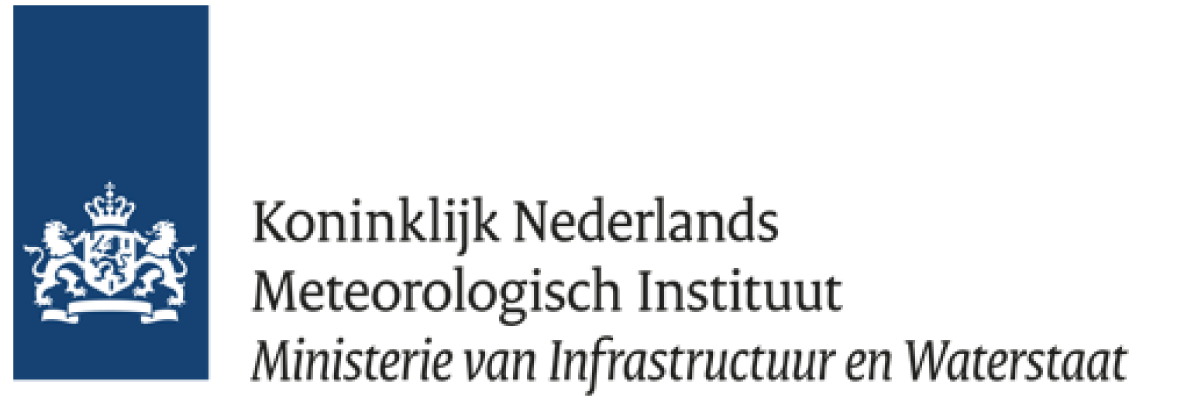News
-
June 2025Sense4Fire at ESA's Living Planet Symposium
ESA’s Living Planet Symposia are among the world’s premier events on Earth observation. In 2025, it takes place in Vienna, Austria, from 23-27 June. The Sense4Fire team has two presentations at LPS:
Matthias Forkel et al.: Novel Earth observation data-model fusion approaches reveal dominant role of woody debris in fire emissions in the Amazon and Cerrado (Tuesday 24.06.2025, 14:00, Session A.03.04 Model-data interfaces and the carbon cycle, Room 1.34)
Daniel Kinalczyk and Matthias Forkel: Quantifying the effect of bush encroachment on fuels and fire emissions in southern Africa with a satellite-based data-model fusion approach (Wednesday 25.06.2025, 17:45, Poster A.02.08 Impacts of fire in the Earth system, Room X5, Zone L-M)
-
June 2025Sense4Fire Continues – New Fire Emission Products Coming in Late 2025 and 2026
On June 19, 2025, TU Dresden signed a new contract with the European Space Agency to extend the successful **Sense4Fire** project. The collaboration with the established consortium — **TU Dresden**, **KNMI**, and **BeZero Carbon** — will continue throughout 2025 and 2026, focusing on the development of innovative fire emission products.
Upcoming Products (Late 2025–2026)
Reprocessing of Fire Emission Products for Africa
- GFA-S4F v0.3: Reprocessed fire emissions for Africa (2019–2025), based on VIIRS active fire observations and fire type classification from the *Global Fire Atlas* approach. The methodology incorporates improved conversion factors to estimate fuel consumption from fire radiative energy.
- TUD-S4F v0.3: Reprocessed fire emissions for Africa (2016–2024), using the TUD-S4F data–model fusion approach. This version integrates updated, high-resolution land cover data from ESA WorldCover.
Development, Validation, and Assessment of Near-Real-Time Fire Emission Products for Africa
- TUD-S4F-vNRT02: The TUD-S4F near-real-time setup will be revised and undergo systematic testing. Near-real-time (NRT) fire emission estimates for Africa will be available starting in autumn 2025.
- KNMI-S5p: As before, all fire emission estimates will be validated against satellite observations of atmospheric CO and NOx from **Sentinel-5P*.
High-Resolution Fire Emission Estimates
- TUD-S4F-vHR01: The TUD-S4F approach will be adapted to high spatial resolution (20 m) to estimate fuel loads and fire emissions in selected African study regions (2016–2025). This will utilize land cover from ESA WorldCover, as well as leaf area index and burned area data derived from Sentinel-2.
-
January 2025Publication in Nature Geoscience
The Sense4Fire team published together with further collaborators a paper in Nature Geoscience:
Forkel, M., Wessollek, C., Huijnen, V., Andela, N., de Laat, A., Kinalczyk, D., Marrs, C., van Wees, D., Bastos, A., Ciais, P., Fawcett, D., Kaiser, J. W., Klauberg, C., Kutchartt, E., Leite, R., Li, W., Silva, C., Sitch, S., Goncalves De Souza, J., Zaehle, S., and Plummer, S. (2025) Burning of woody debris dominates fire emissions in the Amazon and Cerrado Nature Geoscience, 1–8, https://doi.org/10.1038/s41561-024-01637-5. In the paper, an intercomparison of several fire emission estimates in presented for the fire season 2020 in the Amazon and Cerrado. Then the contribution of different fire types and fuel components to the total fire emissions are investigated, showing that emissions are dominated by smouldering combustion of woody debris.
ESA also published an article about the paper along with a very nice animation of the key results.
All datasets related to the paper are open available at https://doi.org/10.25532/OPARA-688 and at this website under "Data".
-
November 2024Demonstration of the near-real time database
The Sense4Fire project provided near-real time estimates of fire emissions for the Amazon/Cerrado for the year 2024. Thereby we provided three updates at the end of July, end of August and end of September 2024. This demonstrates the near-real time capabilities of the GFA-S4F and TUD-S4F approaches. The near-real time results of the fire emissions in 2024 have been presented and discussed with the scientific community at various scientific events:
- Fire Modelling Development Brainstorming Workshop; Leverhulme Centre for Wildfire, Science and Society; 16-18 September 2024, Dartington Hall, UK
- 13th EARSeL Forest Fires Special Interest Group Workshop; 19-20 September 2024, Milano, Italy
- Future Focus Wildfires. Community forum on Earth Observation for wildfires monitoring; EUMETSAT; 26-28 November 2024, Darmstadt, Germany | [Presentation PDF]
-
October 2024Fire season in the Amazon 2024: Near-real time database online
The Amazon experienced an exceptional fire season in 2024. The Sense4Fire project provided near-real time estimates of fire emissions during this season with the GFA-S4F and TUD-S4F approaches. Forest fires caused especially higher than normal emissions in Bolivia. Estimated emissions of carbon monoixde (CO) are between 56 (GFA-S4F) and 62 Tg (TUD-S4F) for the period August adn September 2024.




